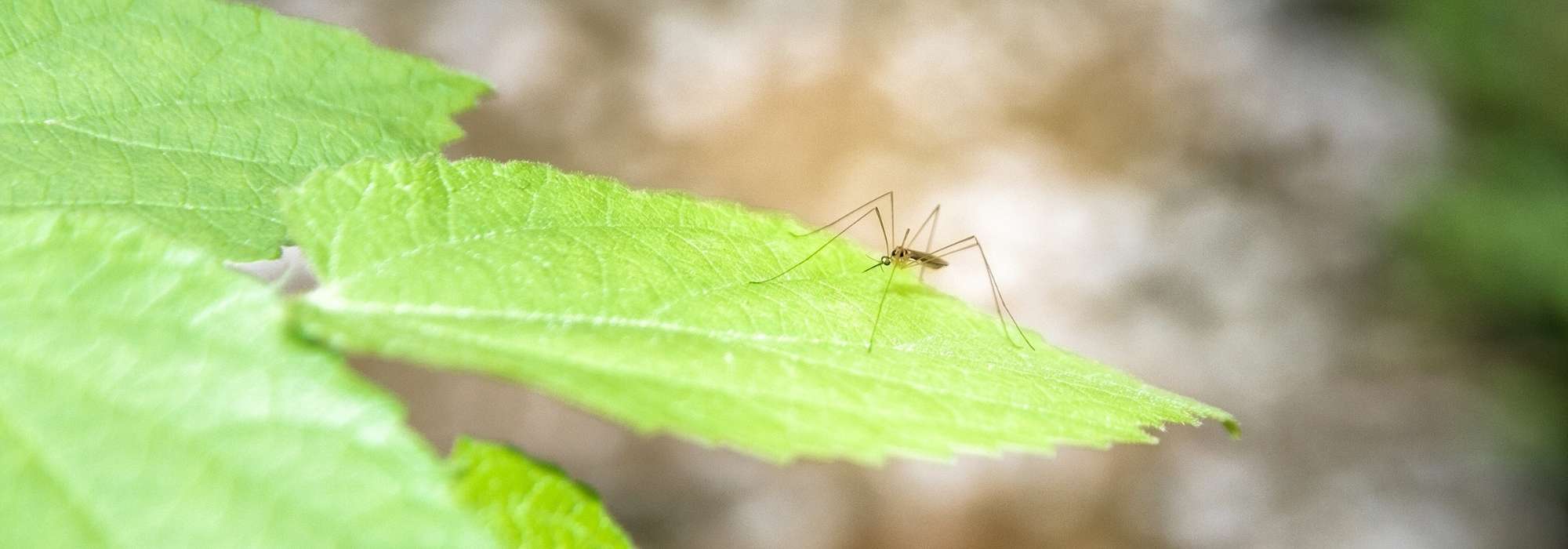
10 effective mosquito-repellent plants
Plant in garden, in pot or on windowsill
Contents
Mosquitoes, including the dreaded tiger mosquito, are a real scourge in summer. Their bites can be severe on some skin: they cause intense itching and can even transmit diseases. There are various mosquito repellents available to fight them and protect yourself, but the best strategy is to combine protective measures. For this, don’t hesitate to use mosquito-repelling plants which, thanks to their natural repellent properties, help keep mosquitoes away.
Here is our selection of mosquito-repelling plants that are effective, to plant in pots on the windowsill or balcony, but also in the garden, around the house.
Lemongrass or lemongrasses? Either way, it smells of lemon...
Lemongrass, the true Cymbopogon citratus, is reputed to repel mosquitoes. One of its organic compounds, citronellol, with its strong lemon scent, is commonly used to produce mosquito-repellent products. Sadly, it is a tropical grass ill-suited to cool climates.
Fortunately, there is another plant, related to mint, with the same properties: lemon balm. Melissa officinalis aurea is a variety with charming golden foliage. It can be grown in a pot or in the ground, in shade or in sun and in any soil. Its only flaw (sometimes a virtue) is that it tends to self-seed everywhere. Absolutely everywhere…
There is also the Lemon verbena, Aloysia citriodora, which has the same fragrance and therefore the same effectiveness, but which can only be grown in a pot or, in the ground, in regions with a mild climate. Not forgetting Pelargonium citronellum, a not very hardy shrub native to South Africa, related to pelargoniums used on window boxes.
Read also
Lavender: planting, growing, pruningLavender, like the scent of Provence...
We humans love the scent of lavender, but mosquitoes hate it. Too bad for them — we’ll plant plenty, even in pots if substrate is well-draining. Among many varieties, I recommend the Lavender Phenomenal ‘Niko’: it’s one of the most compact and best suited to the north of the Loire, as it is very resistant to cold, damp conditions.
Lavender grows in poor, stony but very well-drained soil and in full sun. As well as offering many therapeutic benefits, it is also one of the most melliferous and nectariferous plants. Planting lavender contributes to insect conservation by providing food for much of the year.
Discover other Nepeta - Catnip
View all →Available in 2 sizes
Available in 3 sizes
Available in 2 sizes
Available in 2 sizes
Available in 3 sizes
Available in 1 sizes
Available in 4 sizes
Available in 2 sizes
Available in 1 sizes
Available in 1 sizes
Marigold: a worry-free plant...
Rarely has a name been more ill-chosen for a flower! Calendula officinalis, or pot marigold, is indeed an annual flower of family Asteraceae that requires virtually no care. This pretty flower, disarmingly easy to grow, attracts many insects and blooms from summer until first frosts. Although it can be sown outdoors as soon as risk of frost has passed, you can also grow it in a pot or window box on a windowsill, for example. Its scent will effectively repel mosquitoes throughout summer. Note that in vegetable gardens, marigolds also repel nematodes and their flowers can be eaten raw in salads, for example. It is also known for medicinal and dyeing properties.
Read also
Mint: planting, growing, propagatingMint: a mosquito repellent that can also be enjoyed as tea (or in a mojito)
You can’t do without mint in the kitchen. Its leaves flavour salads, herbal teas, desserts (dipped in melted chocolate… it’s a real treat!) and even grilled dishes. But that’s not all, its scent is also very effective at repelling mosquitoes. All mints work well, but I particularly like the Algerian mint, which has a spicy flavour. Mints grow in all soils and, where possible, in partial shade. Take care, though: allow enough space, as it tends to spread by its running roots. No problem, of course, if you want to grow it in a pot by a kitchen window. Note that mint scent also repels aphids and ants.
Basil: who wants mosquito-repellent pesto?
Basil also belongs to family Lamiaceae, like mint, lavender and lemon balm mentioned above. And it also repels mosquitoes! No surprise: all plants in this family are aromatic plants packed with essential oils (sage, rosemary, thyme…). All basil varieties are effective against mosquitoes, but Lemon basil is even stronger. Basil prefers rich, cool soils and partial shade. But you can very easily grow it in a pot, in a conservatory or directly on a windowsill in the kitchen.
Rosemary: a potted shrub for the kitchen
Yes, another member of Lamiaceae! Rosemary is a small, very aromatic shrub native to Mediterranean climate, yet it is very hardy. The only thing it dislikes is standing damp, especially in winter. Otherwise, rosemary grows in all soils (even clay) and prefers full sun. The variety ‘Barbecue’ is even more aromatic than the type species. As rosemary grows very well in pots, why not place it on a patio or windowsill. Obviously, its scent also repels mosquitoes, but attracts butterflies and bees, like lavender.
Pelargonium: stop calling it 'geranium'!
Pelargoniums have for centuries (well, four centuries!) been called “geraniums”. However, although they are classified in the same family, Geraniaceae, they are not geraniums at all. They are plants that originate from South Africa, which is why they are not hardy. There are countless varieties, each more beautiful and colourful than the next. Ideal in window boxes, they will easily find a place on bedroom windowsills to repel mosquitoes while you sleep. Choose from scented Pelargoniums such as P. graveolens or roseum, the most effective against mosquitoes. Some examples: P. citriodorum, ‘Lemon Fancy’ or ‘Mosquitaway Lizzy’.
Please note: most plants of the Geraniaceae family, including Pelargoniums, produce a chemical compound called citronellol (see point 1) which can effectively repel mosquitoes.
Nepeta : a mosquito-repellent catmint.
Nepeta is a carefree perennial that flowers from spring to summer. Cats love it and will roll in it whenever they come across one (without causing much damage to the plant). It is also a member of the family Lamiaceae. My favourite is the Manchurian nepeta because it is one of the most vigorous and forms a handsome clump after a few years. Very hardy, nepetas can grow in almost any soil provided it is well drained. They prefer full sun or partial shade. Nepeta is ideal with roses in the garden, but can also be grown in window boxes or pots. It is also one of the most effective garden plants for repelling mosquitoes.
Eucalyptus: who has ever seen a koala bothered by mosquitoes?
Eucalyptus are vigorous trees that can easily reach 20 metres in height. However, there are dwarf varieties perfectly suited to growing in pots. The Silver gum ‘Baby Blue’ is a perfect example. It is, unfortunately, only moderately hardy (down to -10°C) and should therefore be favoured in coastal areas or mild climates, otherwise it will need protection or to be moved into an unheated greenhouse during severe frosts. Nevertheless, it will add a lovely exotic touch to your garden or terrace thanks to its curious bluish foliage. Like all eucalypts, it has medicinal properties: it can be used as an infusion or a tincture, and also for its insecticidal properties, making it valuable on a terrace during summer.
Tansy: a hardy, very useful wildflower...
La Common tansy is a plant of our flora that has multiple advantages. Au jardin, it repels certain pests (aphids, whiteflies, leek flies…). It has fungicidal properties, thus combating some fungal diseases such as downy mildew or rust for example. It was once used in dovecotes, chicken coops or dog kennels to keep fleas and lice away. Leaves can even be used dried to repel moths. But it is also edible and can be used to flavour sorbets or white wine (Warning! In large doses, tansy can become toxic). In open ground, in full sun and in any soil, it spreads fairly quickly. But you can grow it in a pot or window box to enjoy its pretty corymbs of yellow heads and its repellent effect on insects including mosquitoes.
Other plants for the garden...
Many other plants can repel mosquitoes in the garden, here are some examples :
- The Cimicifuga, whose name means “bug-chaser”, is reputed to also repel mosquitoes.
- Common mugwort (Artemisia vulgaris), also called lemon-scented mugwort, is a well-known medicinal plant that also repels many insects.
- The Vitex agnus-castus is more than just a pretty flowering bush. It also keeps mosquitoes away.
- Cultivated or ornamental garlic keeps many pests away in vegetable gardens and has fungicidal properties. It is also a plant that repels mosquitoes.
- Also discover a mix of perennial and annual flowers effective at repelling mosquitoes (anise, basil, nepeta…)
Did you know?
- Mosquitoes are part of ecosystems like any other living organism. They provide food for many animal species (see below). If, through human action, mosquito numbers were to decline considerably, their natural predators would suffer and disappear too.
- Mosquitoes have many natural predators such as: birds (swallows, common swift, spotted flycatcher, grey wagtail…), bats (each species of bat hunts a type of mosquito, so they can all coexist in the same medium without problem), amphibians (mainly frogs and newts), certain insects such as dragonflies or diving beetles, and of course fish. So favour natural predators at home by installing nesting boxes for swallows or bats or by digging a natural pond.
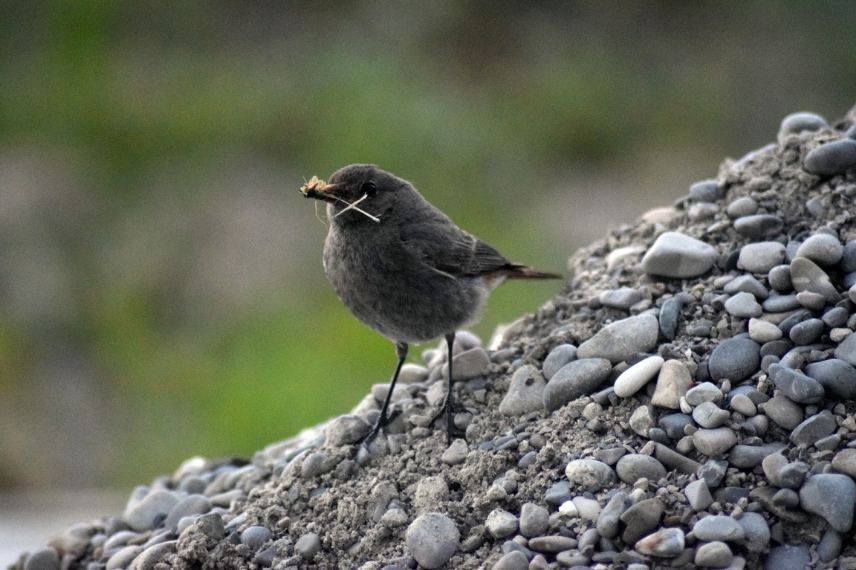
- Mosquito larvae live in water. That is why people often make the mistake “Good heavens, a small pond or pool at the neighbour’s! We’re going to be eaten by mosquitoes!” In reality, if the pond is populated by natural predators (or if the pool contains fish), there will be no problem. On the other hand, cistern bottoms, old forgotten buckets of water, collections of old tyres or even saucers filled with water under your patio pots: all of these are real mosquito breeding grounds. Be vigilant!
- Mosquitoes are dipterans like flies. There are more than 3,500 species worldwide.
- Not yet the case here, but mosquitoes are a major public health problem in warmer regions of the world. Mosquitoes are vectors of many sometimes deadly diseases. In fact, they are the animal responsible for the most deaths each year worldwide.
- Only females bite. They need proteins in blood to lay their eggs.
- Subscribe!
- Contents
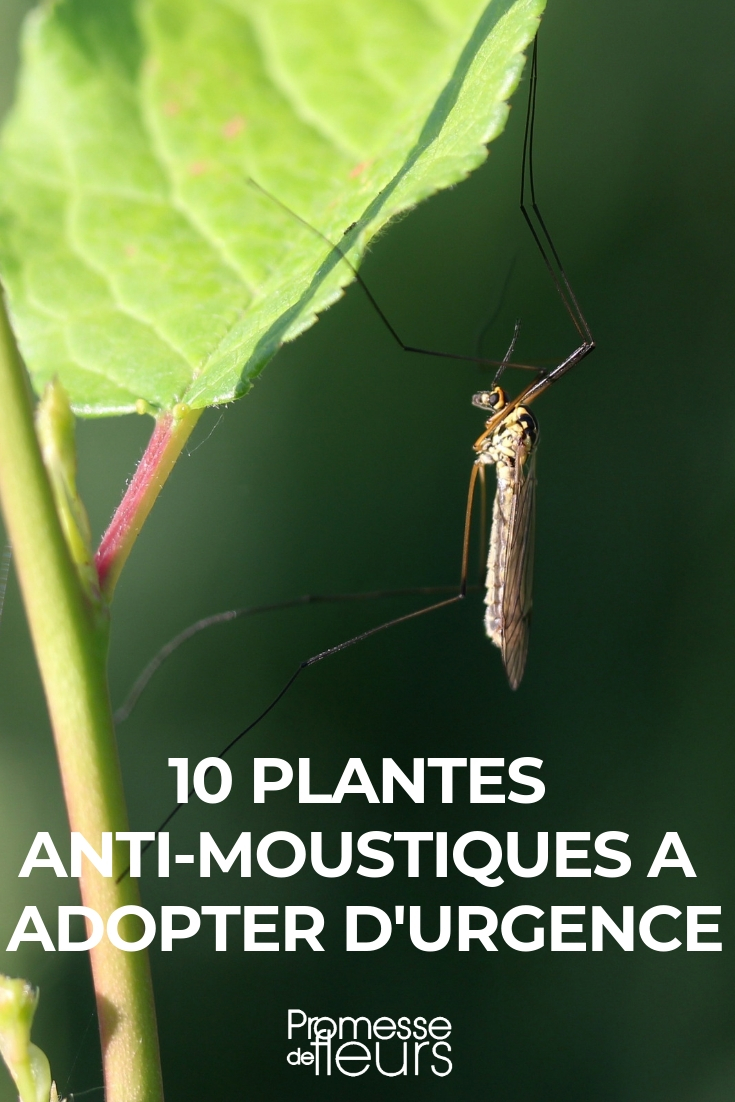































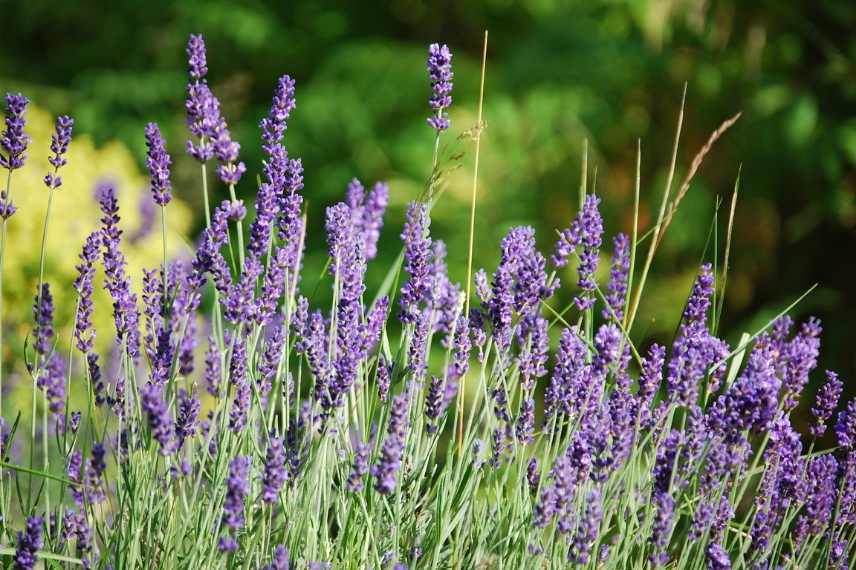
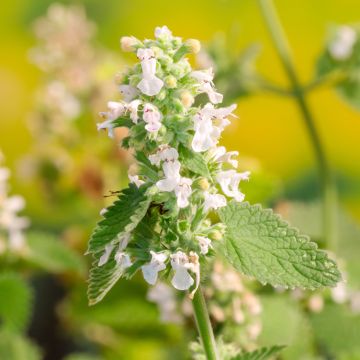
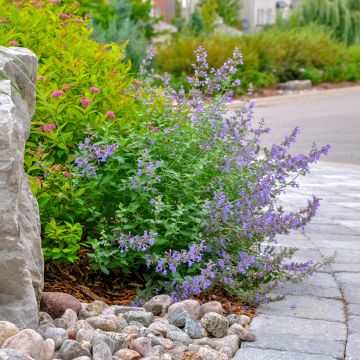
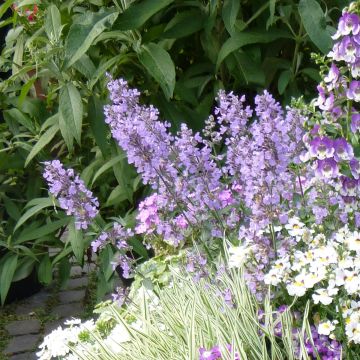
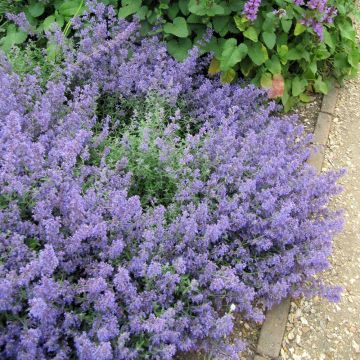
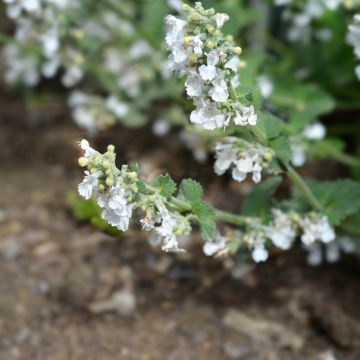
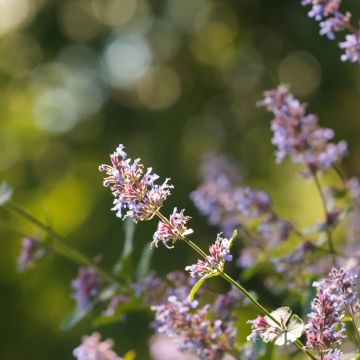
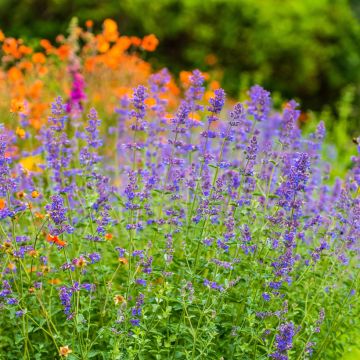
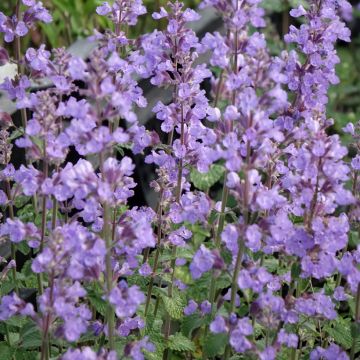
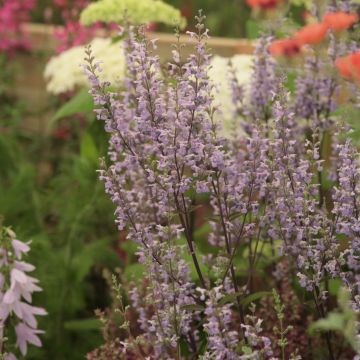
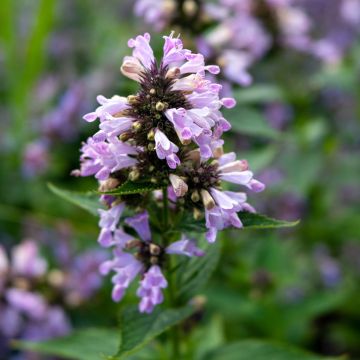
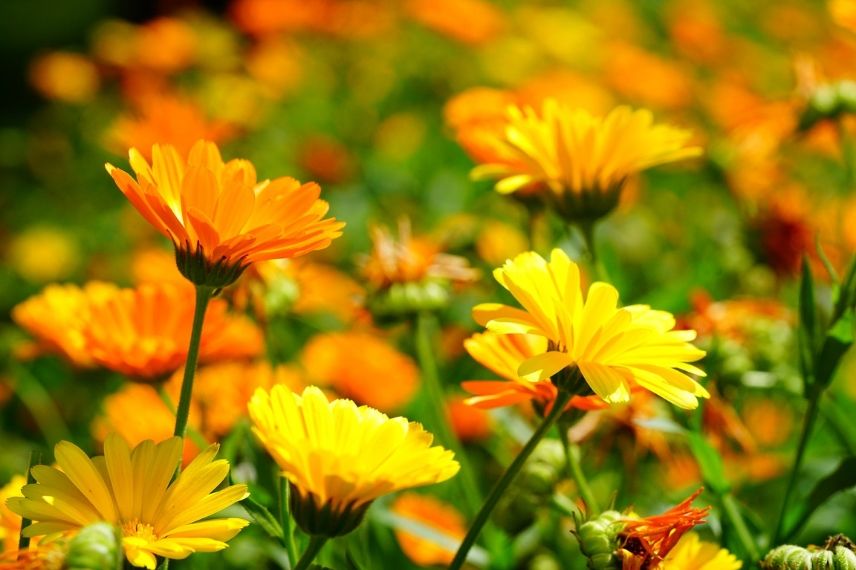
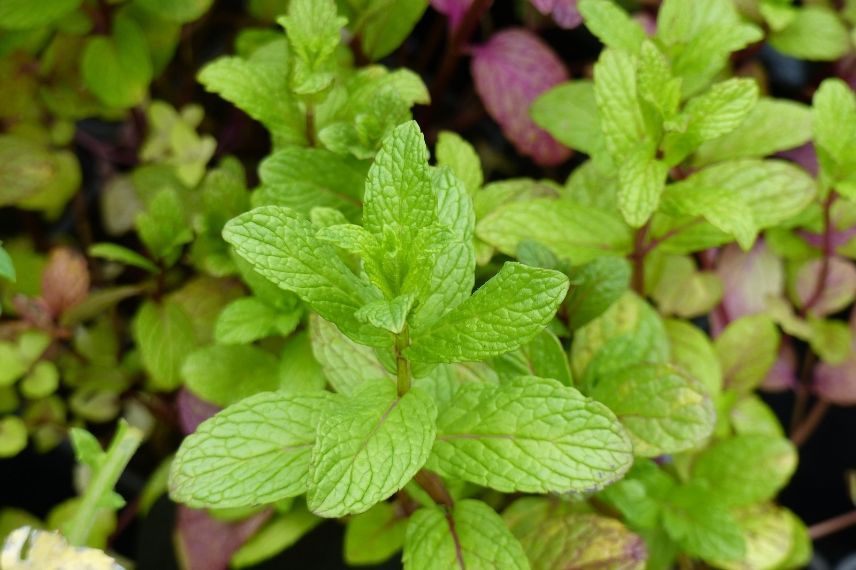
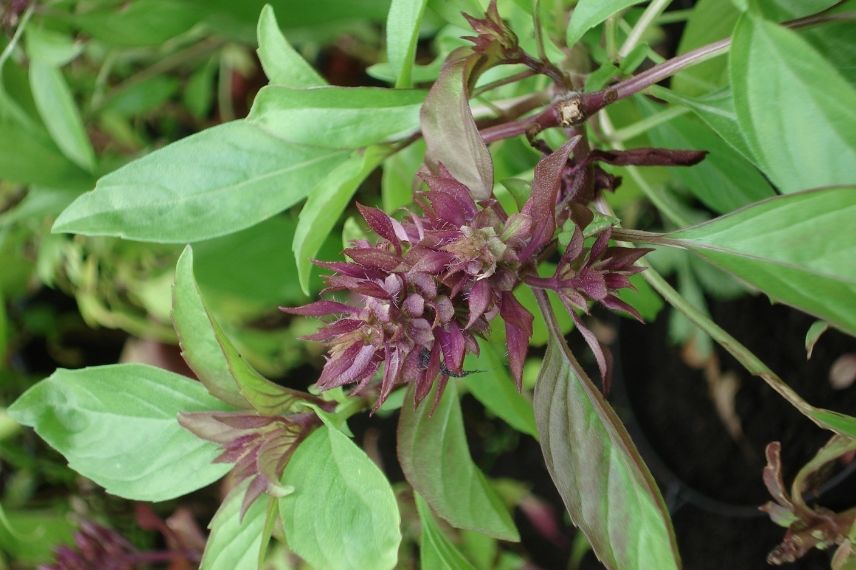
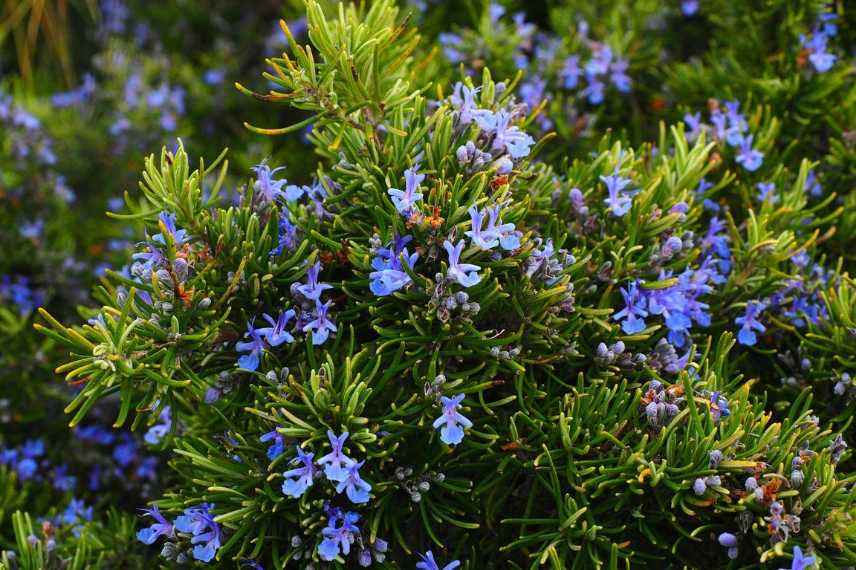
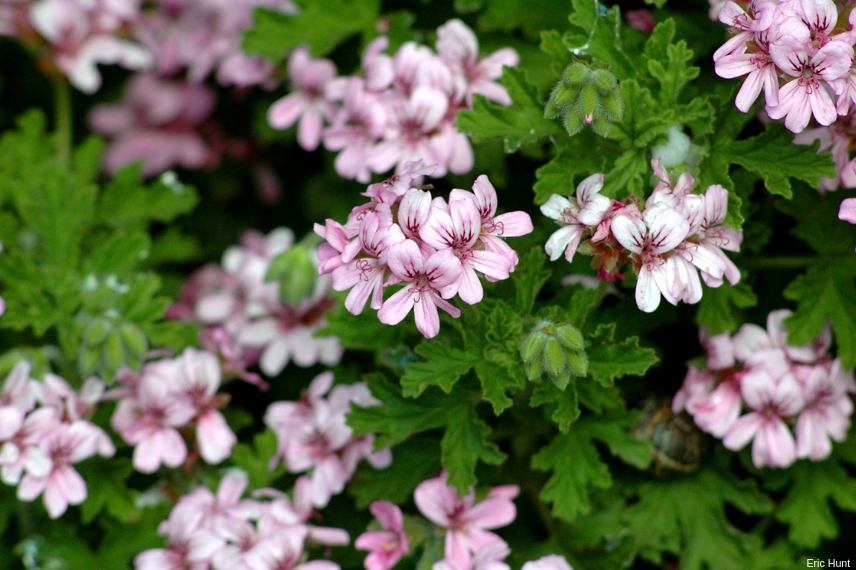
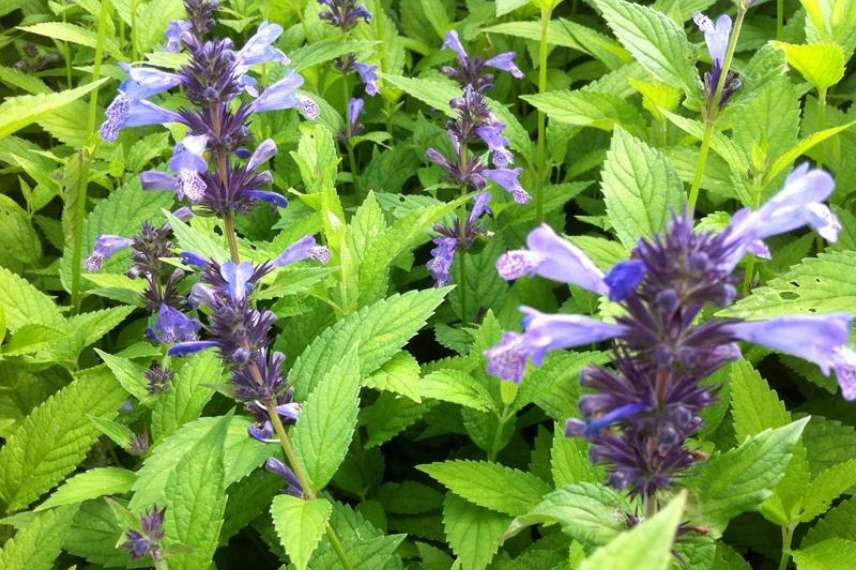
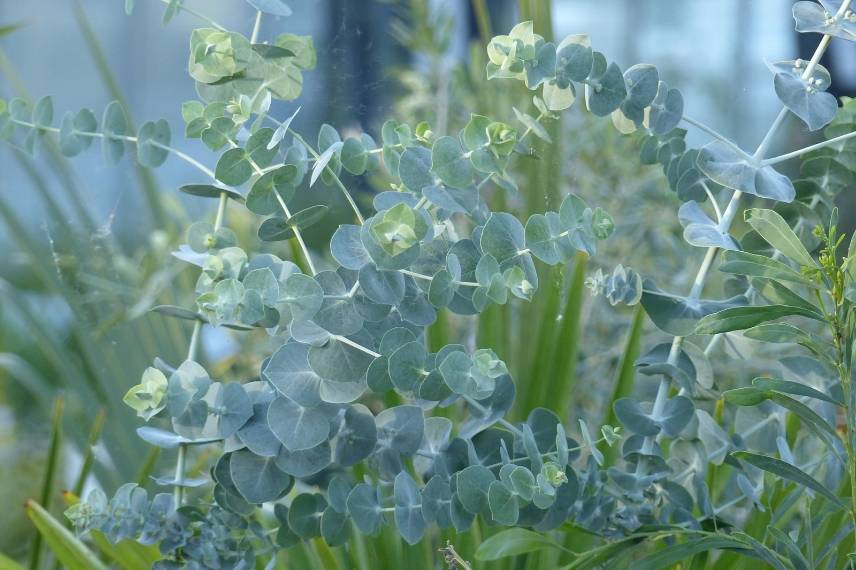
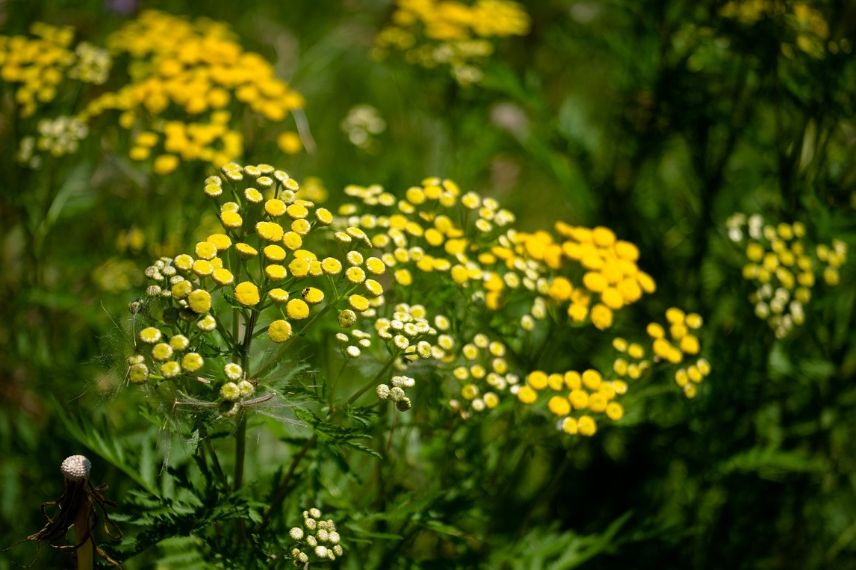
Comments